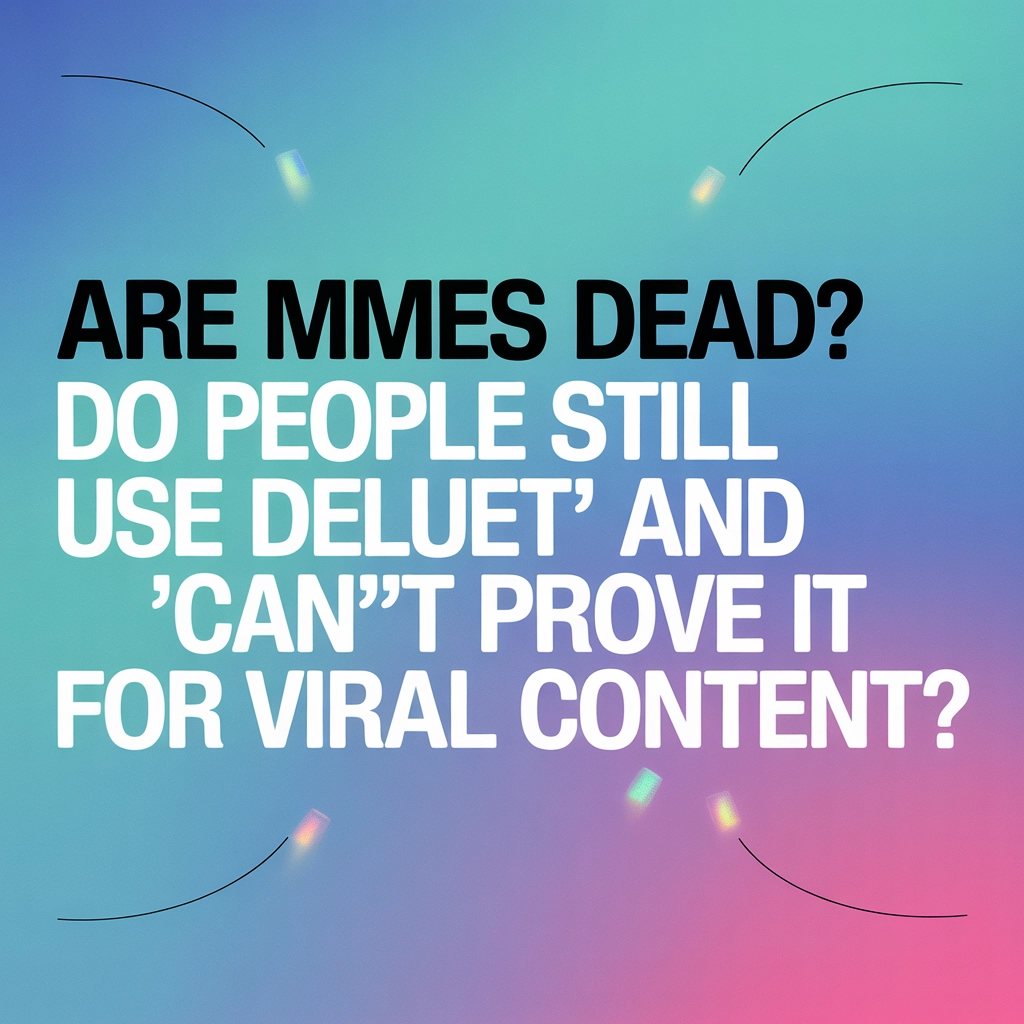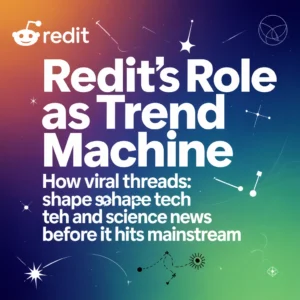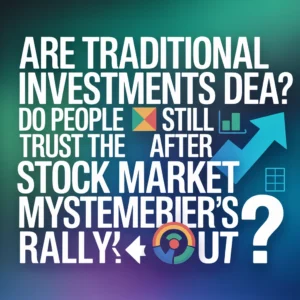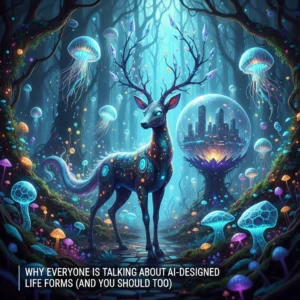Remember when your dad started sharing minion memes on Facebook? That moment when you thought, "Well, that's it. Memes are officially over." But here's the thing – while you were busy cringing at his "Live, Laugh, Love" posts with sparkly backgrounds, the meme economy was quietly exploding into a $6.1 billion industry.
Yeah, you read that right. Billion. With a B.
So no, memes aren't dead. They've just evolved into something way more sophisticated than we ever imagined. And terms like "delulu" aren't just surviving – they're absolutely dominating the viral content game in ways that would make 2019 TikTok jealous.
The State of Memes in 2025
Let's talk numbers because they're honestly wild. Back in 2020, the meme industry was worth $2.3 billion. Fast forward to 2025, and we're looking at projections hitting $6.1 billion. That's not just growth – that's a full-on cultural takeover.
Instagram alone sees over one million memes posted daily. That number has literally doubled since 2018. And it's not just teenagers in their bedrooms anymore. Major brands are throwing serious money at meme marketing because it works. When was the last time you actually paid attention to a traditional ad versus a perfectly timed meme that made you snort-laugh?
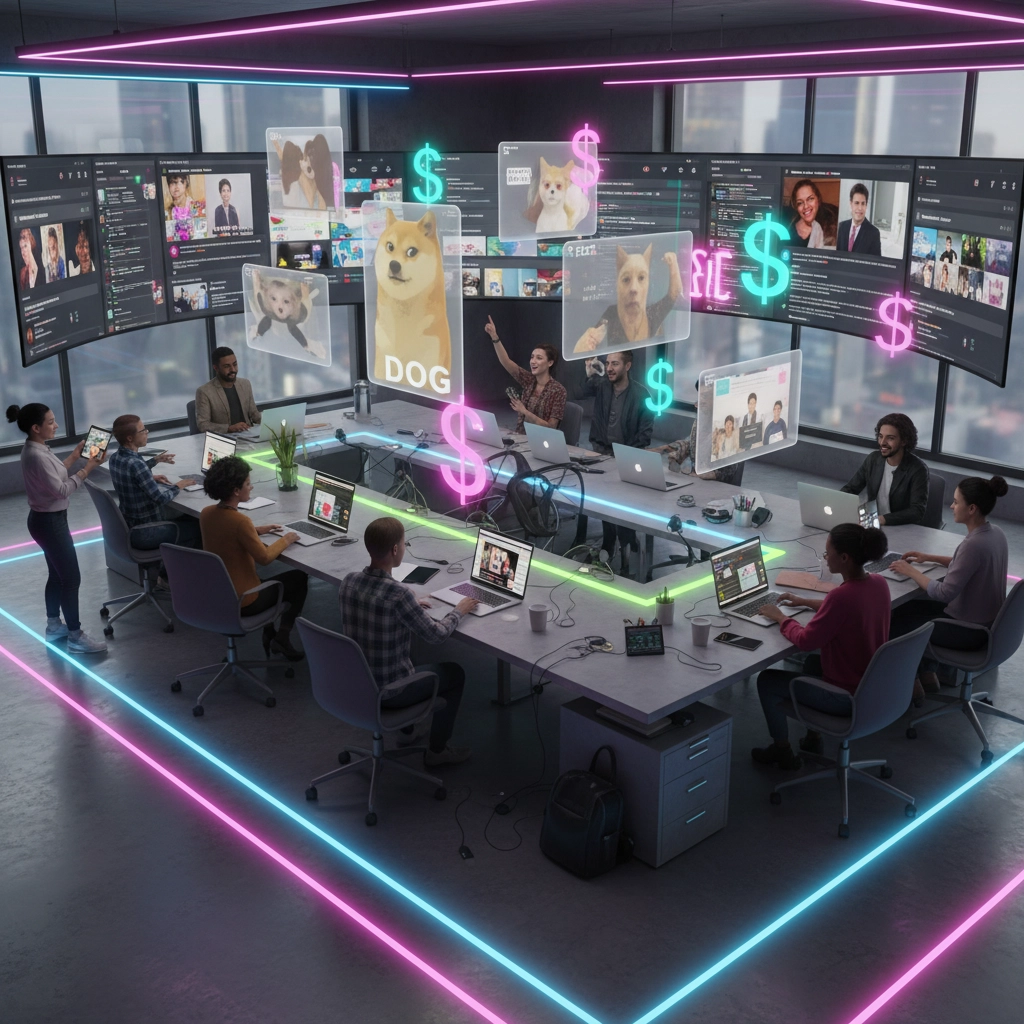
Companies aren't just jumping on meme trends anymore – they're creating entire departments dedicated to "viral content strategy." AI tools like DALL-E and ChatGPT are helping brands pump out hyper-customized memes faster than you can say "OK boomer." We're living in an age where your favorite brand's social media manager is probably funnier than most comedians.
But here's where it gets interesting. The platforms themselves are getting in on the action. Social media algorithms are being tweaked specifically to boost meme visibility, and there's talk of monetization programs similar to YouTube's model. Imagine getting paid for that perfectly timed reaction GIF you posted at 2 AM.
Why "Delulu" Is Taking Over
Now, about that "delulu" phenomenon everyone's talking about. If you've somehow missed this trend, "delulu" is short for "delusional," and it's paired with the absolute banger of a slogan: "delulu is the solulu" (delusion is the solution).
This isn't just some random TikTok trend that'll die in two weeks. We're talking about a cultural movement that's reached mainstream politics. Australia's Prime Minister actually used a variation of it in March 2025. When politicians start using your slang, you know it's gone mainstream.
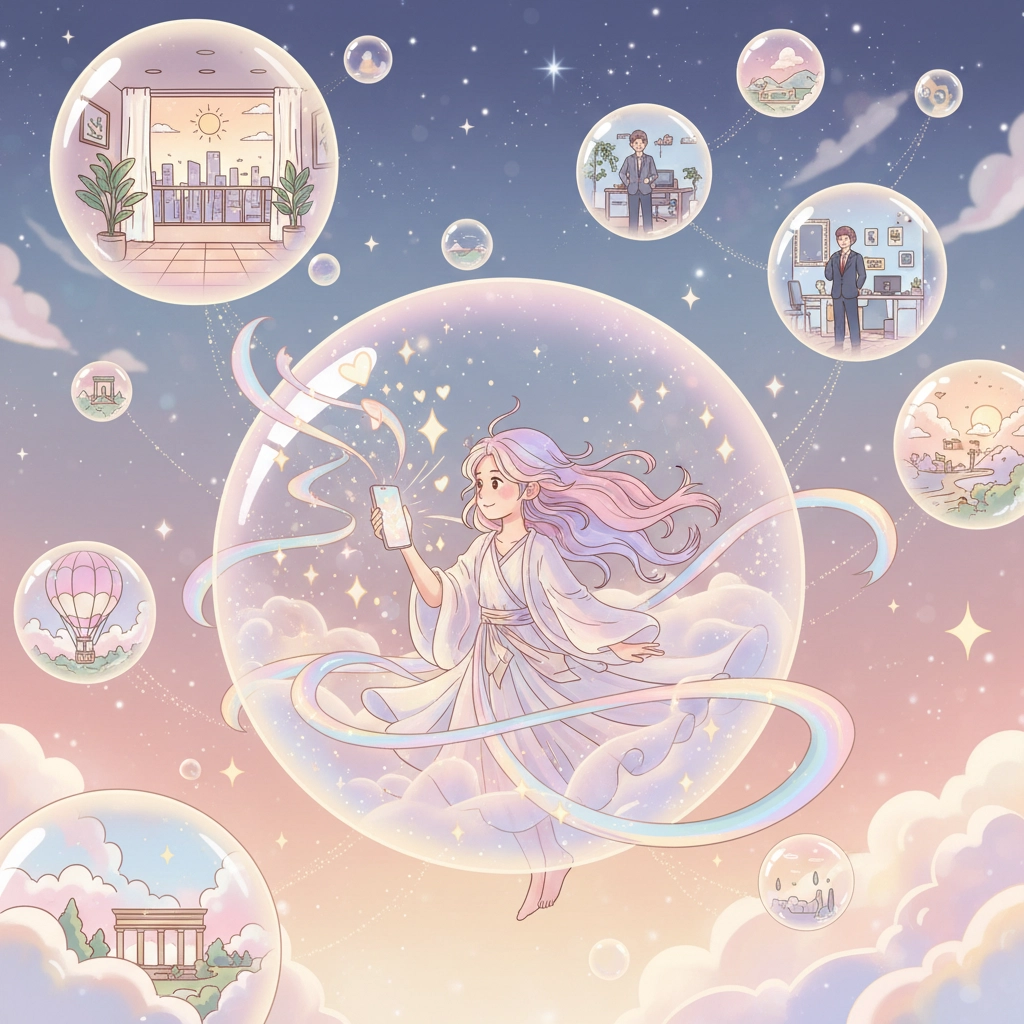
But why does "delulu" work so well for viral content? It's actually pretty genius when you think about it:
• It's aspirational without being preachy – You can dream big while acknowledging it's a bit ridiculous
• It's highly shareable – The phrase just rolls off the tongue and sticks in your head
• It offers agency in uncertain times – When everything feels chaotic, choosing your own delusion feels empowering
• It works across contexts – Whether you're talking about career goals or dating standards
I remember scrolling through TikTok last month and seeing this girl explain how she manifested her dream apartment by being "absolutely delulu" about her budget. She ended up finding a place that was somehow exactly what she wanted and within her price range. Coincidence? Maybe. But the video got 2.3 million views because people love that energy.
The beauty of "delulu" content is that it walks this perfect line between self-awareness and genuine optimism. You're acknowledging that your goals might be unrealistic while still going for them anyway. It's hope with a wink.
What's Actually Driving Viral Content Now
Here's where things get really interesting. The viral content landscape in 2025 isn't just about catchy phrases anymore. We're seeing some fascinating trends that are reshaping how content goes viral:
AI-Generated Memes Are Everywhere
Remember when we could spot AI-generated content from a mile away? Those days are over. AI memes are getting sophisticated enough that brands are using them for rapid response marketing. Something happens in the news, and boom – there's a perfectly crafted meme response within hours.
Retro Tech Nostalgia Is Having a Moment
Gen Z is obsessing over flip phones, Windows 95 aesthetics, and CRT monitors. It's wild watching kids who grew up with smartphones get nostalgic for technology they never actually used. But the memes? Absolutely iconic.
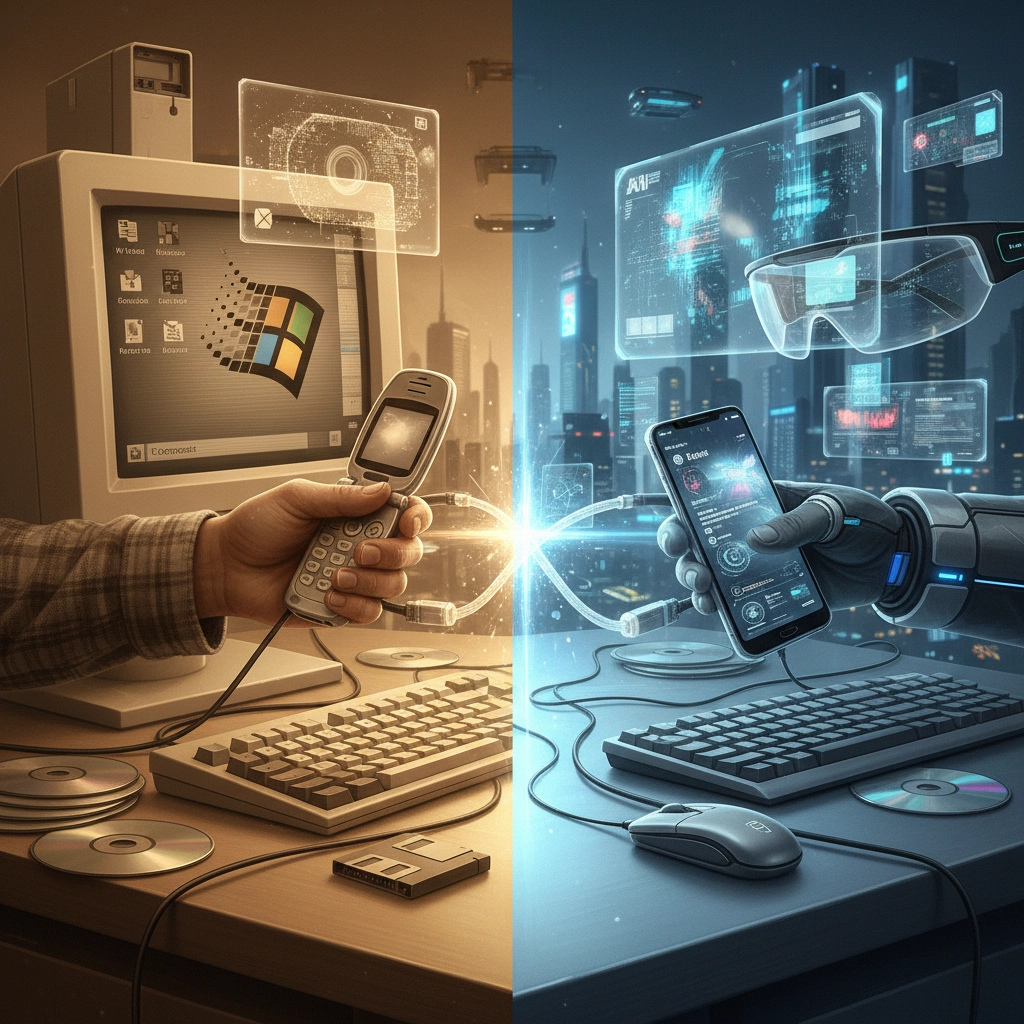
Self-Referential Humor Rules Everything
The most viral memes right now are the ones that make fun of meme culture itself. Meta-memes, if you will. People are creating content about creating content, and somehow it's working.
The interesting thing about "can't prove it" as a phrase is that while it hasn't reached the same mainstream status as "delulu," it's part of this broader trend of embracing uncertainty and mystery in our content. It's the digital equivalent of shrugging and saying "guess we'll never know" – which, in our information-overloaded world, is surprisingly refreshing.
The Future of Meme Culture
So where are we headed? The trajectory suggests memes are becoming even more integrated into mainstream culture and commerce. We're not just seeing brands use memes – we're seeing memes influence product development, marketing strategies, and even political messaging.
The speed of trend cycles is accelerating too. What used to take weeks to go viral now happens in hours. AI and data analytics are playing bigger roles in predicting what'll hit, which means we might see more calculated viral moments and fewer organic ones.
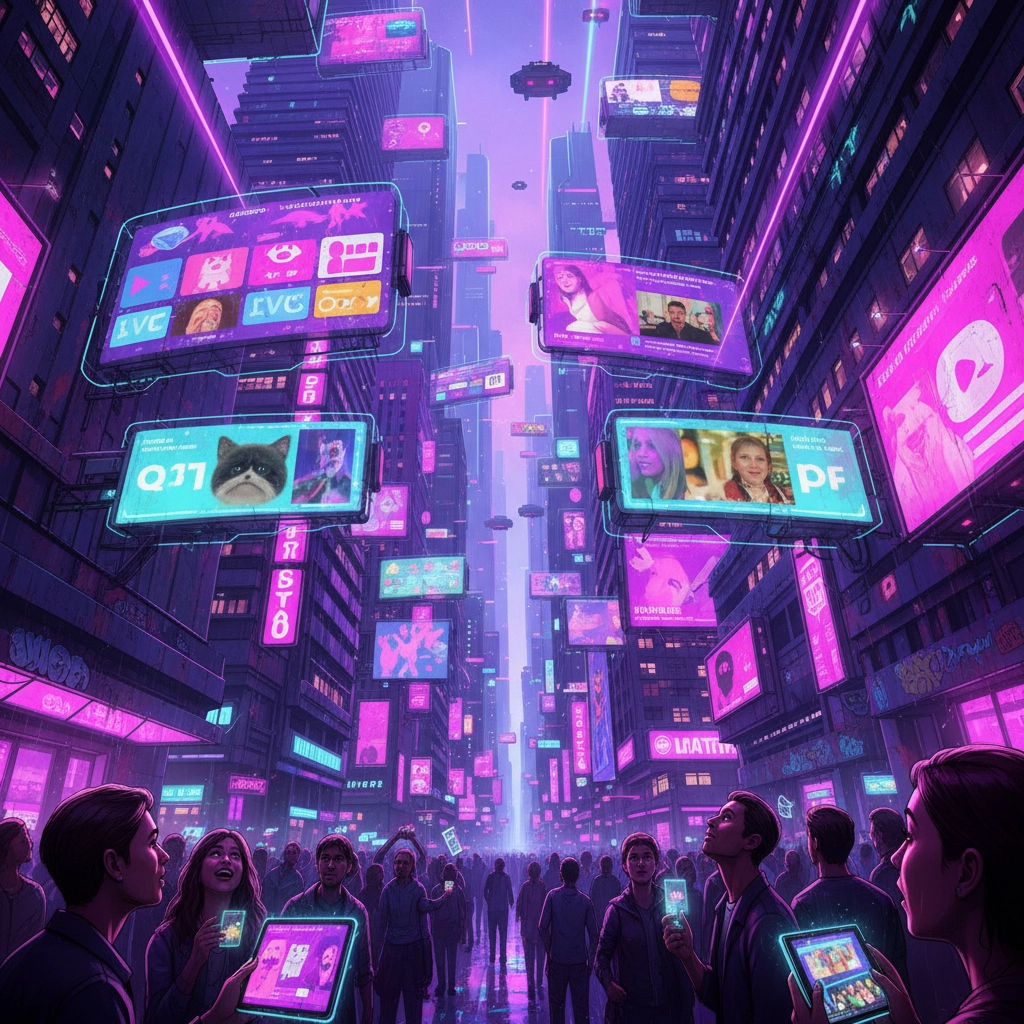
But here's the thing about authentic viral content – it still comes from real human experiences and emotions. "Delulu" works because it captures something genuine about how people cope with uncertainty. The best memes, AI-generated or not, still need to tap into something universally relatable.
The monetization aspect is getting serious too. Creators who master viral content aren't just gaining followers – they're building actual businesses. The line between entertainer and entrepreneur is getting blurrier by the day.
What's fascinating is how memes are becoming a form of cultural documentation. Future historians are going to study our memes to understand how we processed major events, dealt with social issues, and communicated with each other during this digital age.
Memes aren't dead – they're just getting started. They've evolved from simple jokes into a complex cultural and economic force that shapes how we communicate, market products, and make sense of the world around us.
So the next time someone tells you memes are just stupid internet jokes, remind them that they're looking at a billion-dollar industry that's fundamentally changing how humans share ideas and connect with each other. Pretty delulu to think that's not important, right?
What's the most recent meme trend that actually made you laugh out loud instead of just exhaling slightly through your nose?

